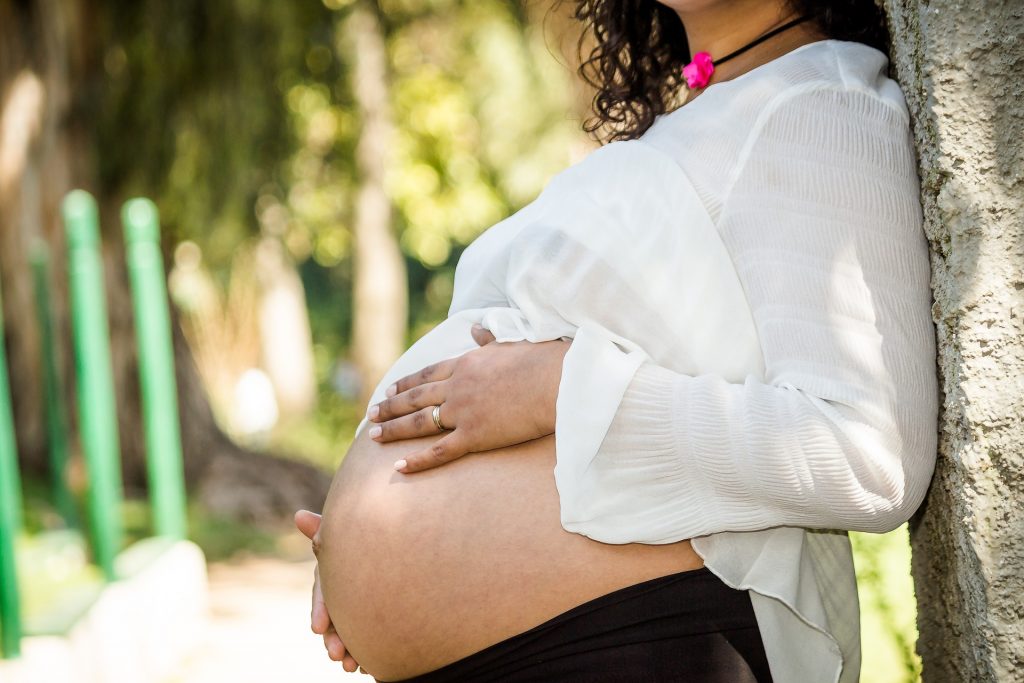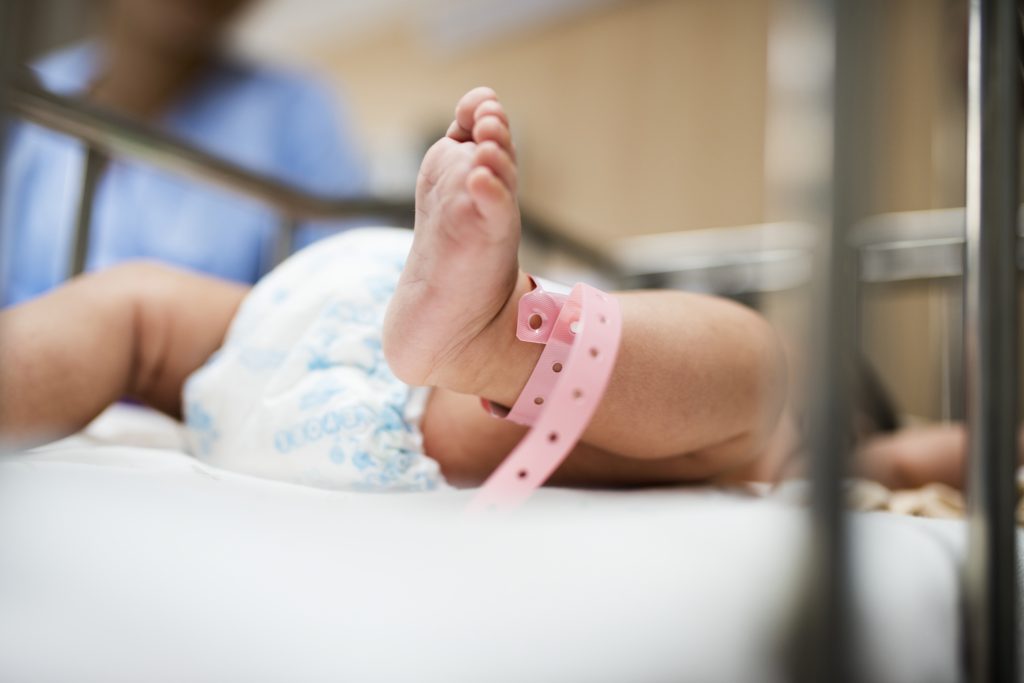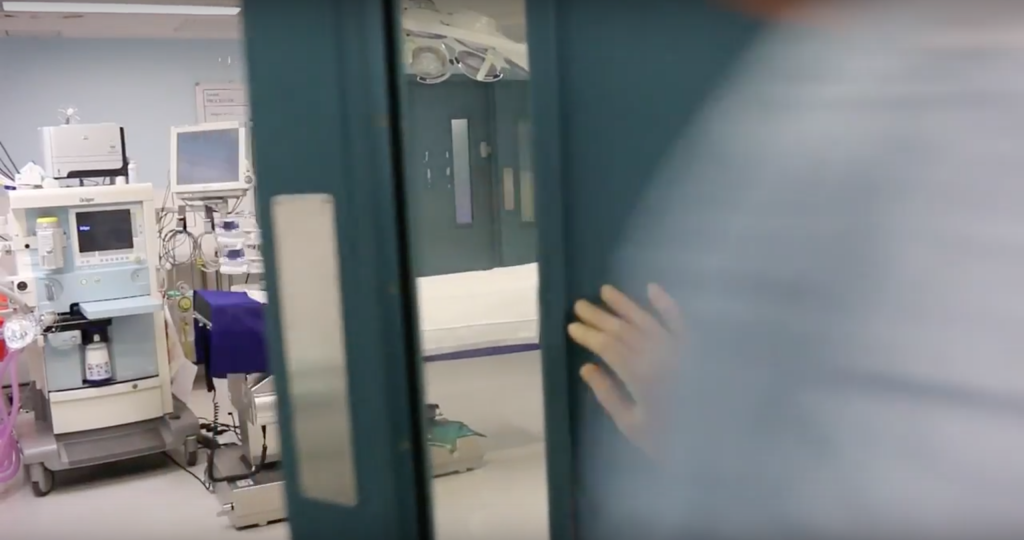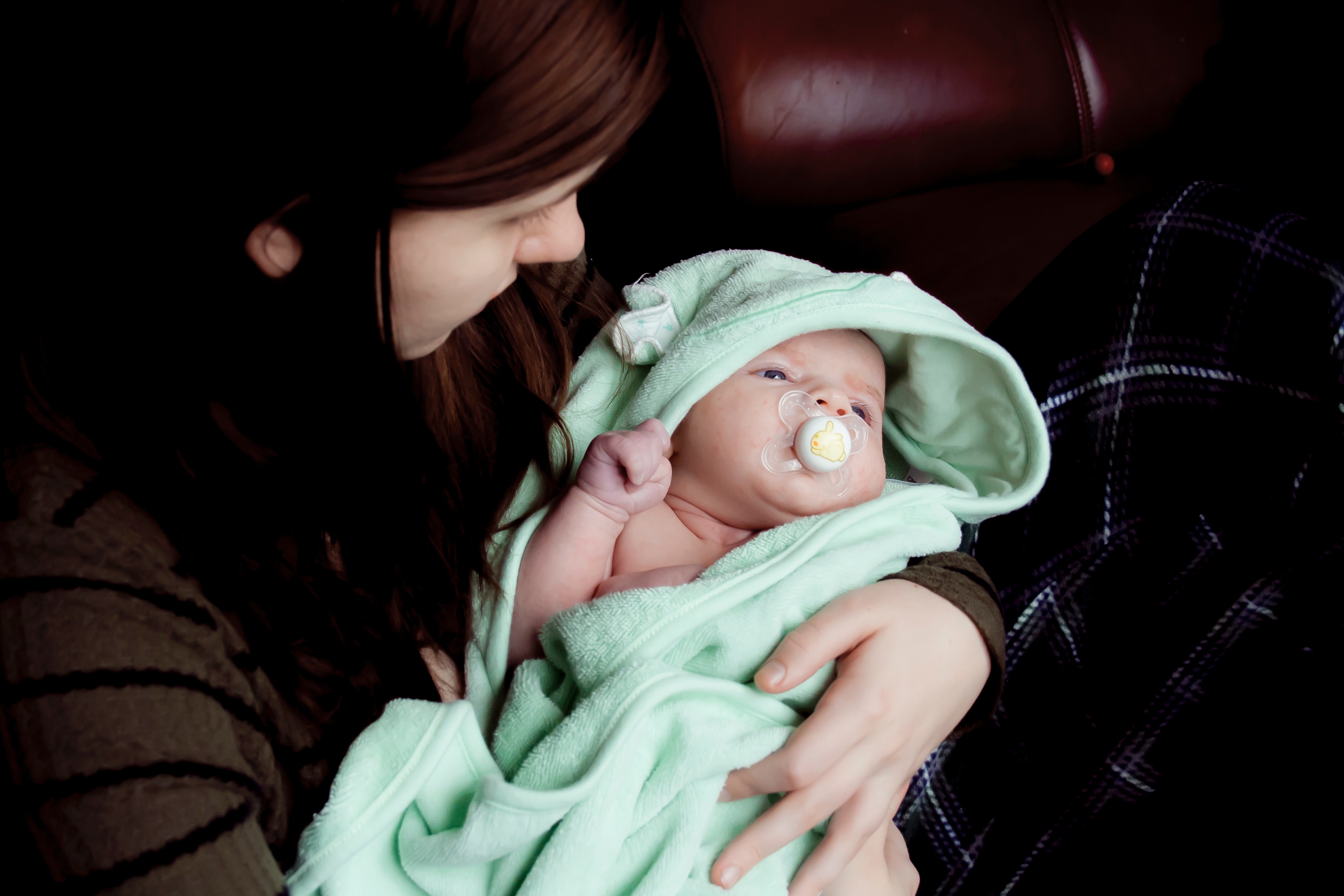Ever since the #MeToo campaign filled our timelines last October, there has been a constant outpouring of stories and experiences from women across the globe.
There’s undeniably much more to be done, but, at last, we’re finally talking about the pervasiveness of sexual assault and harassment. But while we debate where the lines of acceptable behaviour lie, one area where women frequently experience unexpected violation is in the birthing room.
With the rise of the #MeToo campaign, we’ve also seen the #MeTooInTheBirthRoom hashtag, but it’s vital it reaches a wider audience.
More Support for Women Who Have Experienced Trauma
 Image Credit: BGM Fotographia / Pixabay
Image Credit: BGM Fotographia / Pixabay
Birthrights is currently the UK’s only organisation promoting women’s rights during pregnancy and childbirth. Speaking after the #MeToo hashtag, they repeated their calls for trauma-informed services for women, as well as recognising that many women have their first experience of trauma during birth itself.
I recently ran a campaign on Instagram to find out directly from women what made their birth traumatic, and how we can improve birth for everyone. It might seem unusual to speak about trauma when we discuss birth – often presented as ‘the best day of your life’. But for many women, the impact of a difficult birth is earth-shattering.
When we hear about PTSD, we tend to think of war and disaster, but 1-2% of women meet the criteria for PTSD following birth. Then there are the many who are misdiagnosed with postnatal depression, those who experience post-traumatic symptoms but do not meet the criteria for PTSD and those many, many more who will not seek help at all. What ties these women together is the feeling at some point during their birth that they were deeply unsafe, or that their baby was unsafe.
This is individual to everyone – you can have a very complicated, risky birth but if you felt well cared for, it is less likely you would be traumatised afterwards.
Medical Support Can Make or Break Women’s Recovery

Image Credit: RawPixel / Pexels
During the Make Birth Better campaign, I read more than 70 birth stories from women all over the country and drew out the key themes. What was most striking in all of the stories was the impact of birth professionals in preventing or exacerbating a traumatic experience. From the antenatal period to postnatally, the support (or lack of support) from antenatal teachers, midwives, doulas, GPs, obstetricians and health visitors could make or break a woman’s recovery from birth.
When women are treated with respect, compassion and care during birth, preferably by the same person or people, it is likely she will enter the journey into parenthood feeling empowered, safe and confident. Women and their partners who have experienced a traumatic birth, however, enter parenthood feeling shell-shocked, betrayed, anxious, fearful, often with physical trauma too – and with a new baby to look after.
Treating women with dignity and respect in the birthing room should not be as complicated as it is. But historically (over the last 300 years at least) women have been vulnerable during birth. From the French king Louis XIV allegedly asking women to give birth lying down to give him an unobstructed view, to twilight sleep (women being drugged during labour), until the natural birth movement started to grow in the 1970s, women were encouraged to remain passive during birth.
Encouraged To Be Submissive and Passive
 Image Credit: Birthrights
Image Credit: Birthrights
While, of course, modern maternity services are a far cry from Louis XIV, women are still often encouraged to take a submissive position. And, too often, when they try to assert their right to choose, they are derided or ignored.
In fact, a recent Twitter thread of medical professionals mocking women’s birth plans (now deleted) saw the start of the #metoointhebirthroom hashtag. While individual services and professionals work beyond breaking point to support women during birth, our services make this an almost impossible task.
We are seeing a time of tremendous change in maternity services, with the Maternity Transformation Programme underway across the country. The recent Birth Trauma 2018 conference held in East London showed how people from many different backgrounds are working together to advocate for change in maternity services.
However, no service transformation can prevent trauma unless staff throughout maternity services are treated with respect and dignity themselves. Only then will they have the capacity to offer the same to the women entrusted to their care.
As with all comment pieces, this article is the opinion of the author and not RightsInfo.






